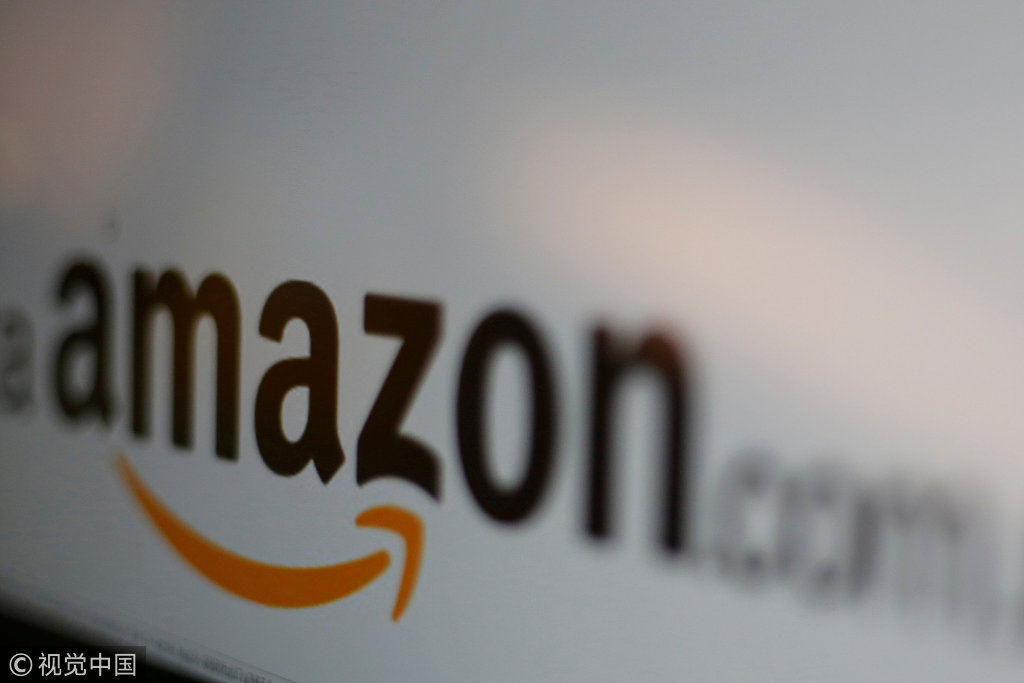E-commerce giant’s plan upended by common sense


Amazon's withdrawal from New York shouldn't be looked at in zero-sum economic terms.
The people who fought the second-headquarters plan aren't necessarily against capitalism, and those who favored it should consider other reasons why Amazon isn't coming, and not just huff that the city threw away 25,000 potential jobs.
I see it as New Yorkers' common sense prevailing, driven by two underlying concerns: the impact on housing costs and an already stressed mass transit system.
And even though it was Amazon that decided to back out, the company saw the digital writing on the wall.
The people spoke, and they said, you didn't consider us when you made this backroom deal.
"Anything is possible: today was the day a group of dedicated, everyday New Yorkers & their neighbors defeated Amazon's corporate greed, its worker exploitation, and the power of the richest man in the world," New York Congresswoman Alexandria Ocasio-Cortez tweeted.
That richest man, Amazon CEO Jeff Bezos, has been in the news a lot lately, for personal reasons. He would be in it some more if Amazon's plans faced a likely legal and political challenge.
"A number of state and local politicians have made it clear that they oppose our presence and will not work with us to build the type of relationships that are required to go forward,'' Amazon said in a statement.
Amazon's would-be location — Long Island City, Queens — has been doing just fine and already had a steadily rising real estate market, with many residential towers sprouting up along its East River waterfront.
But wedging a corporate colossus into an area that also has some concerns with flooding — not to mention adding tens of thousands more potential subway riders — was shortsighted.
Social media and the internet, ironically, also played a role in the Seattle e-commerce giant's withdrawal. Perhaps one of the greatest contributions the internet makes to the world is that you can learn about any place or situation on your phone.
I would dare say that plenty of middle-class Queens residents have read about what has happened in places where big tech dominates, such as San Francisco, Silicon Valley and Seattle: Housing costs skyrocket, and homelessness increases, along with attendant social problems such as drug abuse and crime.
What if Amazon, Facebook, Google and Twitter all had headquarters in every major city in the US? Would we then have a nationwide tech feudal class increasingly isolated from the rest of the citizenry?
I am for free enterprise, but societies that operate at economic extremes eventually run into trouble.
The state and city also had offered $3 billion in tax incentives to Amazon, which irked quite a few Albany and city politicians who had no say in the deal.
Sure, the state could have used more jobs and tax revenue, because it is losing population to lower-tax states. Just last week, New York Governor Andrew Cuomo said that Florida was stealing the Empire State's residents.
Cuomo on Thursday blamed the state Senate, controlled by his Democratic Party, for Amazon's withdrawal. "A small group of politicians put their own narrow political interests above their community," he said in a statement.
New York City Mayor Bill de Blasio chose to blame Amazon: "Instead of working with the community, Amazon threw away that opportunity."
New York is a big state. There are plenty of other locales besides New York City that could have benefited from the economic transfusion that a second Amazon headquarters would bring, for example: Buffalo, Poughkeepsie, Rochester and Syracuse.
I'm not saying those cities competed for Amazon, but New York City, the de facto capital of the world, does not need to entice a nearly trillion-dollar corporation with tax breaks, nor does it need to transform one of its outer boroughs so dramatically.
Some people argue that Amazon wanted to be where the tech talent was concentrated. In the digital era, everyone is a video call away. Location is not as important as it once was. That said, I have no defense if someone argues that the $150,000-a-year tech workers prefer Gotham City's nightlife.
But until big tech can show that it can bring prosperity to a wider swath of its headquarters cities and not be so disruptive to local real estate markets and infrastructure, then residents and politicians should keep their guard up.
That said, I'm still keeping my Amazon Prime membership.
Contact the writer at williamhennelly@chinadailyusa.com

































